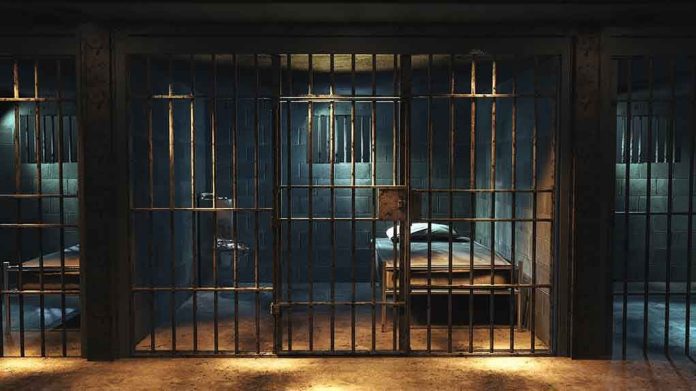
Fourteen people have been sentenced to life in prison by Myanmar’s military courts for human trafficking, shining an unforgiving light on the country’s escalating humanitarian crisis and the unchecked power of its military regime.
Story Snapshot
- Military courts in Myanmar handed life sentences to 14 individuals—nine Burmese and five Chinese nationals—for human trafficking offenses
- Victims, mostly women from Yangon and Magway, were deceived and trafficked into forced marriages, sexual exploitation, and online pornography
- These convictions come amid Myanmar’s ongoing humanitarian disaster following the 2021 military coup
- International observers question the legitimacy of military-run courts and warn that trafficking will persist without systemic reform
Military Courts Sentence Traffickers in Crisis-Stricken Myanmar
Myanmar’s military-controlled judiciary sentenced 14 individuals, including nine Burmese and five Chinese nationals, to life imprisonment for their roles in a sprawling human trafficking ring. Local media reports detail how traffickers lured women from Yangon and Magway regions with false promises of employment or marriage, only to force them into marriages in China or exploit them in online pornography. The sentences, announced in early August 2025, are among the harshest imposed for such crimes in the country’s recent history, a move rare enough to draw international attention amid years of inconsistent law enforcement and endemic corruption.
Victims’ stories reveal a grim reality: families desperate for economic stability are easy targets for trafficking networks. Recruiters promise dowries or jobs, but instead, women and girls are delivered into exploitative situations across the Myanmar-China border. Despite the severe sentences, observers warn that trafficking networks are deeply entrenched, operating with impunity as the rule of law grows weaker due to conflict and displacement. While the military’s move may be seen as an effort to demonstrate control and appease international critics, the lack of transparency in military court proceedings leaves many skeptical about the process and its broader impact.
Humanitarian Crisis Fuels Exploitation and Instability
Myanmar’s descent into chaos began with the military coup in February 2021, which ended a fragile democratic transition. Since then, violence and economic collapse have displaced more than 3.5 million people, stripping away basic protections and making communities increasingly vulnerable to human trafficking. International organizations, including the United Nations, have flagged the surge in trafficking, especially of women and girls to China, where gender imbalances stoke demand for forced brides.
Poverty and desperation have created fertile ground for traffickers. Cross-border criminal networks thrive as law enforcement breaks down and humanitarian aid becomes nearly impossible to deliver. The military’s decision to handle high-profile trafficking cases through its own courts—rather than civilian courts—has drawn criticism from rights groups and legal experts, who point to a lack of judicial independence and fair trial guarantees. These courts operate outside the public eye and are ultimately accountable only to the ruling junta.
Justice or Performance? Expert Analysis and Reactions
Legal and humanitarian experts remain divided on the significance of these life sentences. Some welcome the verdicts as a long-overdue step against trafficking but question whether justice is served when military courts, lacking transparency and due process, issue such decisions. Reports from the UN and Australian government consistently link instability and displacement in Myanmar to the rising risk of trafficking. Previous efforts to prosecute traffickers have often failed, with corruption and weak institutions allowing many offenders to evade punishment.
The military regime may use these convictions to bolster its image and deflect international criticism, even as it stands accused of broader rights abuses. Without meaningful reforms—such as restoring civilian courts, improving law enforcement, and providing support to victims—experts warn that trafficking networks will continue to adapt and prey on the vulnerable. The harsh sentences may deter some, but the underlying drivers of trafficking remain unaddressed, leaving millions at risk.
Broader Impact and the Road Ahead
The current crackdown has immediate consequences for the convicted individuals and their families, but the wider community impact is far-reaching. Victims and their relatives often face stigma, trauma, and ongoing economic hardship. In the absence of real change, the social fabric of conflict-hit regions continues to fray, and the cycle of exploitation persists. International aid efforts are further hampered by the military’s restrictions and ongoing violence.
As the humanitarian disaster deepens, the risk of trafficking and exploitation only grows. The military’s display of legal authority may provide a short-term deterrent, but without a restoration of the rule of law and a functioning civil society, there is little hope for lasting progress. The story unfolding in Myanmar is a stark reminder that when governments fail to defend freedom, protect families, and uphold justice, it is the most vulnerable who pay the heaviest price.
Sources:
UN Human Rights Council report


